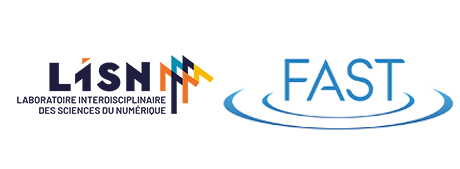
Multiphase flows in the presence of heating, cooling and phase change phenomena are a broad class of flows encountered in many important applications including, amongst other, in heat exchangers, condensers, evaporators, absorbers and reactors in diverse industrial processes, as well as in the natural environment across a wide range of scales. Despite the numerous well-performed experimental studies on these flows over the years, the availability of detailed, spatiotemporally-resolved simultaneous information on the multiple underlying physical processes in different flows remains limited. This limitation is linked inherently to the many challenges that arise when performing these measurements. Two-phase flows, in particular, present the experimentalist with a unique set of characteristics, including restricted (often sub-mm) fluid domains, moving and complex interfaces, and phases with large density and refractive index changes that render the extraction of reliable information challenging. Experimental techniques based on optical measurement principles have experienced significant growth in recent decades. They can provide information with high spatiotemporal resolution on important scalar (e.g., temperature, concentration, phase) and vector (e.g., velocity) fields in different flows, as well as interfacial characteristics and dynamics. This has been instrumental to step-changes in our fundamental understanding of these flows, and to the development and validation of advanced models with ever-improving predictive accuracy and reliability. Relevant techniques rely upon optical methods such as direct photography, laser-induced fluorescence, laser or phase Doppler velocimetry, particle image or tracking velocimetry, and variants thereof. In this talk, we will discuss recent efforts to develop and apply a range of infrared, laser-based and other optical diagnostic techniques to multiphase flows with phase change, including flow boiling and solidification. We will cover the deployment of simultaneous techniques for the generation of multiphysics and multiscale information, and discuss the specific challenges faced when attempting to perform such measurements in selected flows. We will also present a future outlook for these methods that will enable an increasingly complete fundamental understanding of relevant phenomena, and the design of improved devices, technologies and systems.